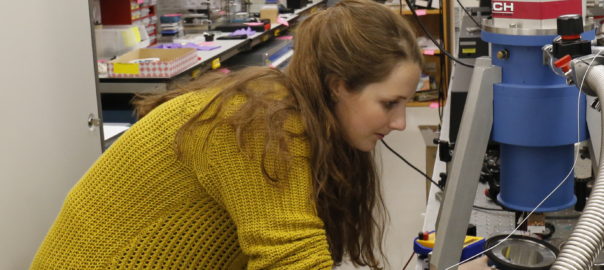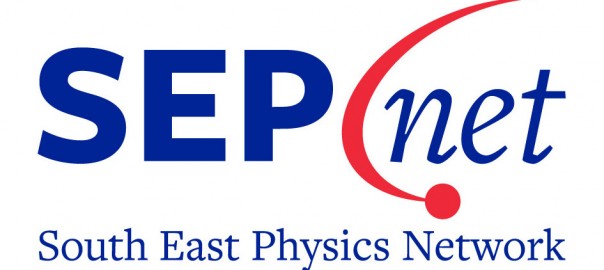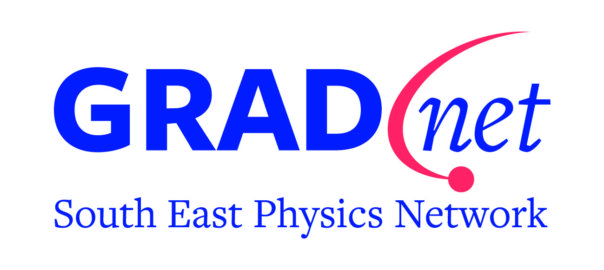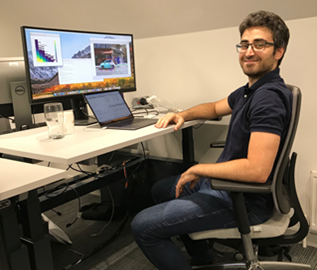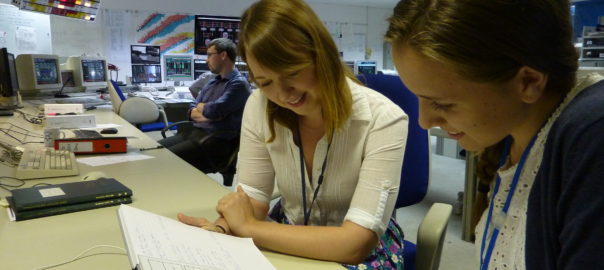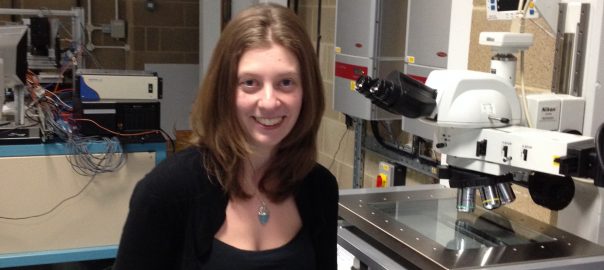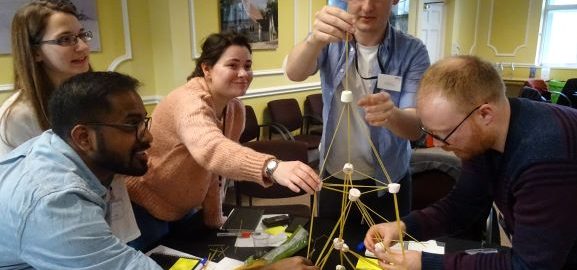Following the success of SEPnet’s PhD SME Consortium in Radiation Detectors (RADnet), SEPnet has successfully won a £370k funding bid from the Research England Development (RED) fund to roll out collaborative PhDs with SMEs. The collaborative project will be led by University of Surrey.
Funding a PhD with a university can be an effective way of conducting research but the cost of research for knowledge-based SMEs can be prohibitive. By building collaborative networks we are able to create a critical mass of research to support both regional activity and national science priorities.
The aim is to recruit a total of 12 PhDs over 3.5 years. As well as radiation detectors, we will explore developing projects related to condensed matter, numerical modelling, simulation and gaming, data science, quantum technologies, medical imaging, photonic materials and sensors – all areas where SEPnet universities have expertise.
This scheme will enable companies to share the costs of PhD studentships with university partners and government funding. Companies will work with academics to shape the projects to ensure that work carried out is in line with each company’s business strategy. SMEs will have regular contact with the academics and the student throughout the 3.5 year programme to ensure the research remains relevant to their needs.
The project is scheduled to start this summer. A part-time project manager will be recruited to coordinate the programme. The first PhD students will be recruited in 2021.
For more information contact Veronica.Benson@sepnet.ac.uk

